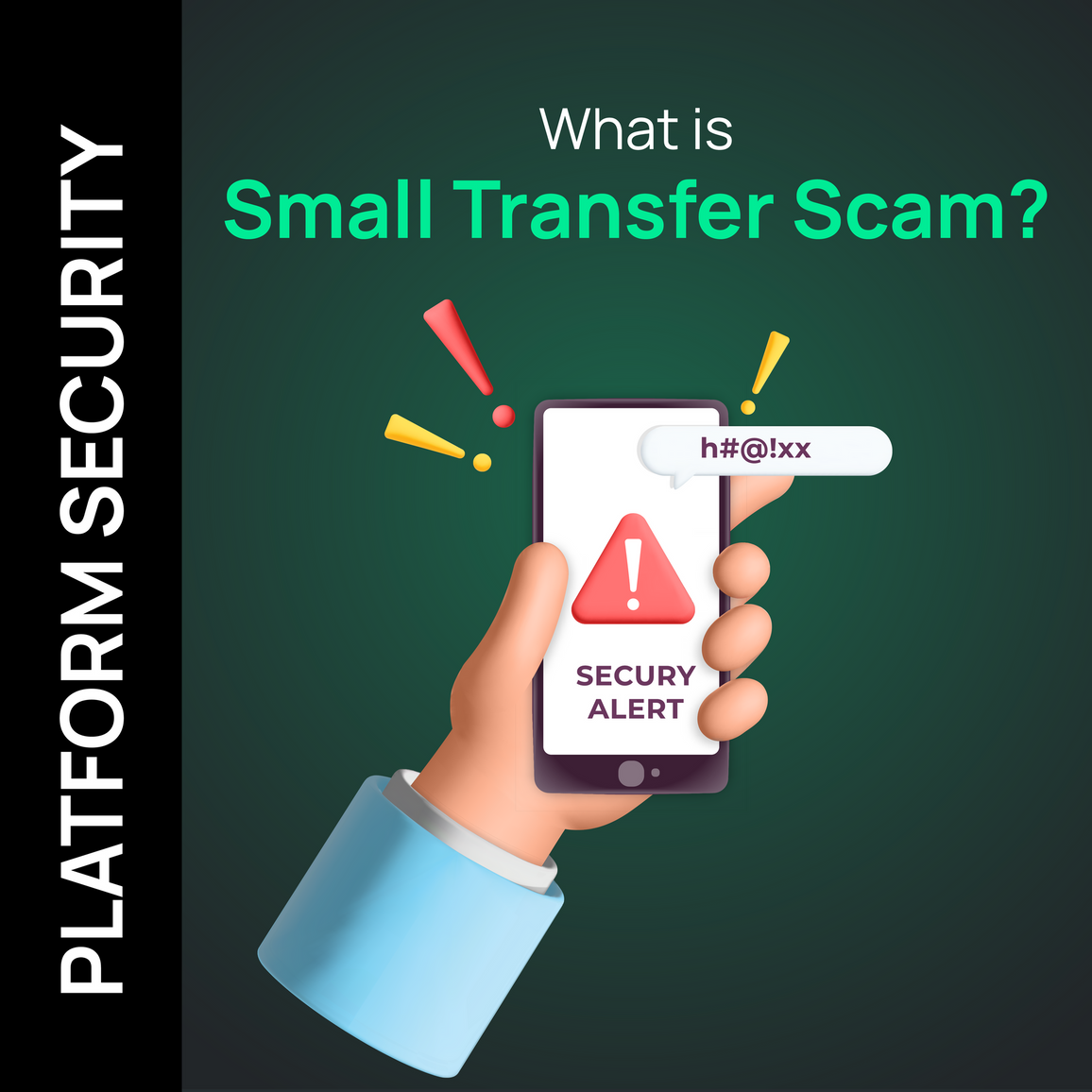What is small transfer scam?

When using online banking to transfer money, the historical transfer transaction account number is usually displayed to facilitate the user to quickly transfer money. For example, if account A frequently transfers money to account B, then account B will appear in A's recent transfer list.
In the same way, when the virtual currency wallet is trading, if the scammer generates an address B1 with the same ending number as the B address, and uses the B1 address to transfer small amounts of funds to the A address multiple times, then the scammer's address B1 will appear in the A address in the transaction records. If A has the habit of copying the address in the transaction record when transferring money, and does not check the complete address, it is easy to mistakenly transfer the funds to the scammer's address B1. This is a small transfer scam.
If you want to realize this kind of deception, you need to master the following three important information:
- Which address has frequent transfer operations (A)
- Obtain the receiving address of A's frequent transfer (B)
- Forge an account address similar to that of the payee (B1)
It is difficult to obtain the above information in traditional online banking transactions, but since the blockchain is essentially a public accounting book, combined with the number generator (which can generate the black and gray of the virtual currency payment address according to the specified rules) production tools), it can be easily achieved. As shown in the figure below, in the blockchain browser, the recent large transfer transactions will be displayed, or the transactions in the virtual currency network will be filtered according to the conditions.
In such scams, users who often have large transfers and relatively fixed receiving addresses are important monitoring targets for criminals. They can find their commonly used receiving addresses through blockchain browsers, and use the number generator to generate and receive payments. Addresses with similar addresses (usually the first few digits, or the last few digits are basically the same), and then transfer small amounts of funds to the transfer party many times, so that the scammer’s address appears in the latest transaction records, so it is easy to misuse when transferring money Forward to this address similar to the original recipient. Due to the non-tamperable nature of blockchain technology, once the transfer on the chain is successful, operations such as cancellation and withdrawal cannot be performed, so please be sure to check the address carefully before transferring!

